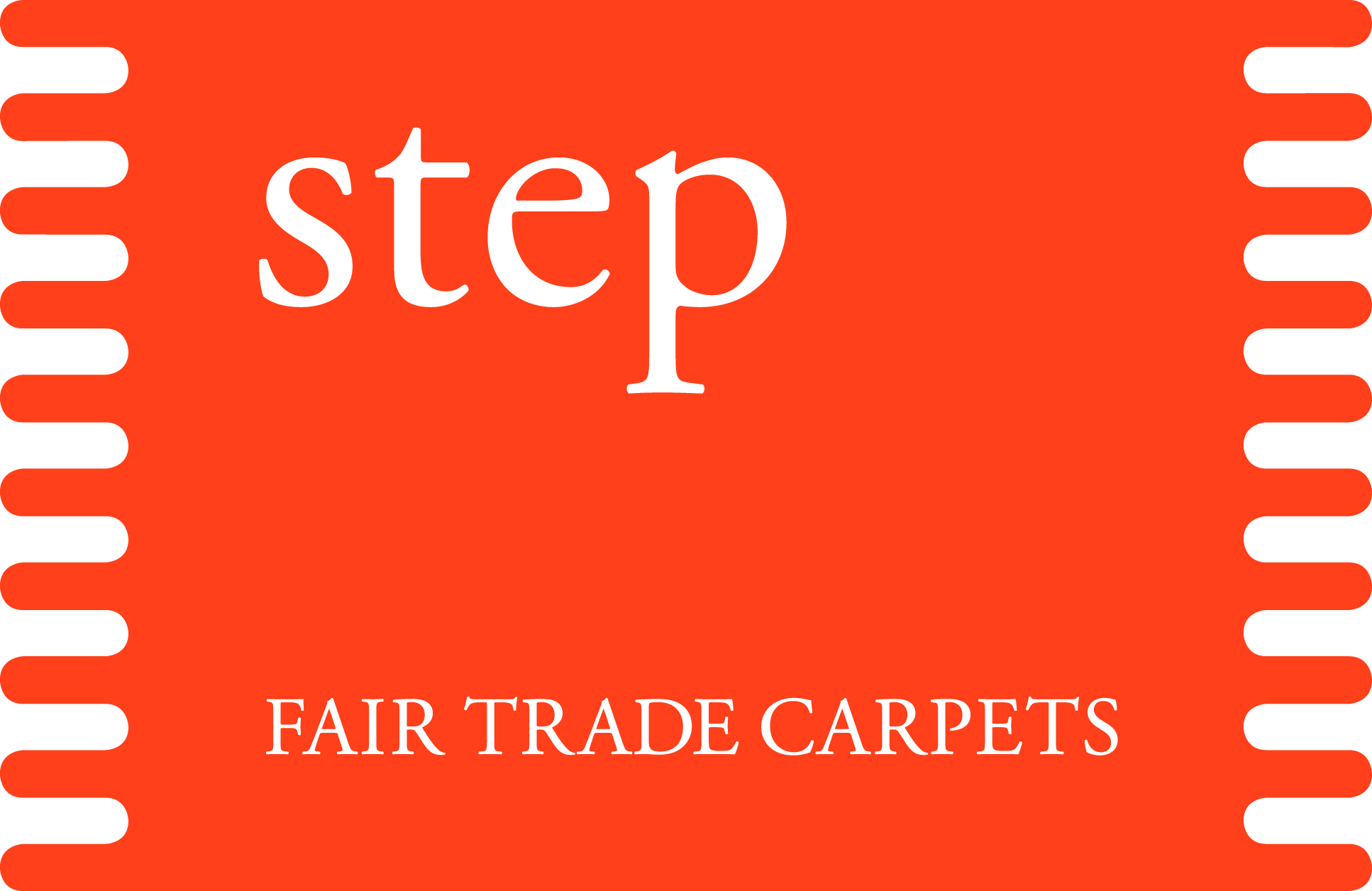ETHICAL PARTNERSHIPS
We believe design can be a force for positive change. We are committed to making ethically and sustainably made rugs, ensuring the interests of our artisans are protected.
We take an uncompromising approach to selecting our suppliers on ethical grounds. It means we must go to the source, look beyond price alone, establish meaningful personal connections with our makers, celebrate their crafts and them as individuals. We have partnered with Label STEP to ensure the highest ethical standards are maintained and to help communicate their beautiful stories.
We are continuously researching innovative technologies and materials to use to reduce our carbon footprint - there is no denying that a lot of materials and water are used to create a rug. If you have any suggestions of how to improve, we’d love to hear from you: studio@pelican-house.com

A STEP-BY-STEP JOURNEY
These are the steps we're taking so far to ensure our approach is conscious, ethical and respectful to our artisans and environment alike.
 We use GOTS and OEKO-TEX certified dyes - both meet strict safety and environmental standards and are azo free.
We use GOTS and OEKO-TEX certified dyes - both meet strict safety and environmental standards and are azo free.
 Recycle water where possible and monitor water usage.
Recycle water where possible and monitor water usage.
 Prioritise recycled packaging (30% recycled in India, 100% recycled in the UK).
Prioritise recycled packaging (30% recycled in India, 100% recycled in the UK).
 Sort yarn into different categories, so it can be re-used for weaving or recycled.
Sort yarn into different categories, so it can be re-used for weaving or recycled.
 Choose sea shipping over air whenever we can.
Choose sea shipping over air whenever we can.
 We're proud partners of LabelSTEP who support us with material traceability and ensure the highest ethical standards are maintained, we ensure our impact on people is positive, ensuring we understand ways to improve the lives or the weavers.
We're proud partners of LabelSTEP who support us with material traceability and ensure the highest ethical standards are maintained, we ensure our impact on people is positive, ensuring we understand ways to improve the lives or the weavers.
 We advise using environmentally friendly materials where possible: below are our suggestions.
We advise using environmentally friendly materials where possible: below are our suggestions.

WOOL
The main material used in all our rugs is sheep's wool, known for softness, warmth, and strength - it has diverse uses for millennia. Sourced from high-altitude Himalayan or New Zealand sheep, it's naturally water repellent and flame retardant. Rich in lanolin, it's spun into durable, soft yarns, offering excellent texture and durability.
Most of our wool is certified by the Responsible Wool Standard (RWS), which is a voluntary global standard that ensures the welfare of sheep and the land they graze on.
Wool is an environmentally positive fibre choice with a number of benefits; it’s natural, renewable, 100% biodegradable and recyclable, easy to clean, and provides great sound and heat insulation.

JUTE
Jute is a natural fibre that is extracted from the bark of the jute vegetable plant, a fast-growing plant which relies on natural rainfall rather than irrigation systems, making it an efficient source of renewable material. The result is natural and durable rugs.

TENCEL
Tencel is a man-made fabric developed by an innovative Austrian company Lenzing. It is manufactured from the wood and cellulose of sustainably harvested Eucalyptus trees, a tree which grows quickly without need of irrigation, pesticides, fertilisers or genetic manipulation. It can also be planted on marginal land that cannot be used for crops. The fibre yield per acre is up to ten times higher than that of cotton and requires up to twenty times less water. It is highly absorbent meaning a huge reduction in the formation of bacteria. The silky smooth finish creates a wonderful glow across the rugs.

RECYCLED SARIS
An emblematic image of traditional India, the sari is given a second life in our rugs. Made of silk, this traditional garment is recycled and constitutes the composition of very high quality rugs with multiple colours and patterns. The vibrant colours found in saris creates a magnificent randomness of colour, and a joyous and unexpected construction. This makes every single rug unique and gives a rhythm that is never predictable.
"It is vital to us that we know who makes our products, how and where they are made, to ensure that the highest environmental and ethical standards are met. We take pride in the research we’ve done to achieve this level of transparency so far. We are always looking at ways to improve, and we’ll always endeavour to create the most ethically and environmentally sound rugs."
Bella Valenzia, Founder

We are pleased to be a licensee of Label STEP, a fair-trade non-profit organisation committed to the wellbeing of weavers and workers in the handmade carpet industry. Each Pelican House rug helps improve the lives of the people who created it.
Founded in Switzerland in 1995, STEP’s well-established and comprehensive fair trade standards encompass universal human rights, including the prohibition of child labour; working conditions; fair wages and eco-friendly production.
As a Certified STEP Fair Trade Partner, Pelican House commits to independent audits throughout the supply chain. STEP actively supports producer improvements while empowering weavers and workers through educational programs that cover such topics as health and safety, social security and financial literacy.
Through these combined efforts, Pelican House and STEP reinforce industry sustainability and help preserve centuries-old artisanal skills.
We follow the STEP standards:
Health and safety
Fair Wages
Prohibition of Child Labour
Protection from Discrimination
Freedom of Association
Prohibition of Forced Labour
Humane Treatment
Regulation of Working Hours
Audits and Transparency
Environmental Protection
For further information about Label STEP visit their website.




